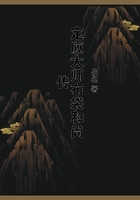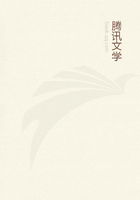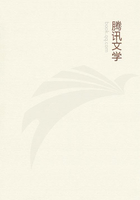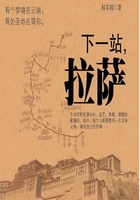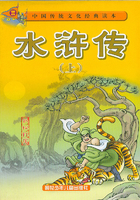The physical vigor acquired in the training for athletic games -- so far as the training may be said to have this effect -- is of advantage both to the individual and to the collectivity, in that, other things being equal, it conduces to economic serviceability. The spiritual traits which go with athletic sports are likewise economically advantageous to the individual, as contradistinguished from the interests of the collectivity. This holds true in any community where these traits are present in some degree in the population. Modern competition is in large part a process of self-assertion on the basis of these traits of predatory human nature. In the sophisticated form in which they enter into the modern, peaceable emulation, the possession of these traits in some measure is almost a necessary of life to the civilized man. But while they are indispensable to the competitive individual, they are not directly serviceable to the community. So far as regards the serviceability of the individual for the purposes of the collective life, emulative efficiency is of use only indirectly if at all. Ferocity and cunning are of no use to the community except in its hostile dealings with other communities; and they are useful to the individual only because there is so large a proportion of the same traits actively present in the human environment to which he is exposed. Any individual who enters the competitive struggle without the due endowment of these traits is at a disadvantage, somewhat as a hornless steer would find himself at a disadvantage in a drove of horned cattle.
The possession and the cultivation of the predatory traits of character may, of course, be desirable on other than economic grounds. There is a prevalent aesthetic or ethical predilection for the barbarian aptitudes, and the traits in question minister so effectively to this predilection that their serviceability in the aesthetic or ethical respect probably offsets any economic unserviceability which they may give. But for the present purpose that is beside the point. Therefore nothing is said here as to the desirability or advisability of sports on the whole, or as to their value on other than economic grounds.
In popular apprehension there is much that is admirable in the type of manhood which the life of sport fosters. There is self-reliance and good-fellowship, so termed in the somewhat loose colloquial use of the words. From a different point of view the qualities currently so characterized might be described as truculence and clannishness. The reason for the current approval and admiration of these manly qualities, as well as for their being called manly, is the same as the reason for their usefulness to the individual. The members of the community, and especially that class of the community which sets the pace in canons of taste, are endowed with this range of propensities in sufficient measure to make their absence in others felt as a shortcoming, and to make their possession in an exceptional degree appreciated as an attribute of superior merit. The traits of predatory man are by no means obsolete in the common run of modern populations. They are present and can be called out in bold relief at any time by any appeal to the sentiments in which they express themselves -- unless this appeal should clash with the specific activities that make up our habitual occupations and comprise the general range of our everyday interests. The common run of the population of any industrial community is emancipated from these, economically considered, untoward propensities only in the sense that, through partial and temporary disuse, they have lapsed into the background of sub-conscious motives. With varying degrees of potency in different individuals, they remain available for the aggressive shaping of men's actions and sentiments whenever a stimulus of more than everyday intensity comes in to call them forth. And they assert themselves forcibly in any case where no occupation alien to the predatory culture has usurped the individual's everyday range of interest and sentiment. This is the case among the leisure class and among certain portions of the population which are ancillary to that class. Hence the facility with which any new accessions to the leisure class take to sports; and hence the rapid growth of sports and of the sporting sentient in any industrial community where wealth has accumulated sufficiently to exempt a considerable part of the population from work.
A homely and familiar fact may serve to show that the predaceous impulse does not prevail in the same degree in all classes. Taken simply as a feature of modern life, the habit of carrying a walking-stick may seem at best a trivial detail; but the usage has a significance for the point in question. The classes among whom the habit most prevails -- the classes with whom the walking-stick is associated in popular apprehension -- are the men of the leisure class proper, sporting men, and the lower-class delinquents. To these might perhaps be added the men engaged in the pecuniary employments. The same is not true of the common run of men engaged in industry and it may be noted by the way that women do not carry a stick except in case of infirmity, where it has a use of a different kind. The practice is of course in great measure a matter of polite usage; but the basis of polite usage is, in turn, the proclivities of the class which sets the pace in polite usage. The walking-stick serves the purpose of an advertisement that the bearer's hands are employed otherwise than in useful effort, and it therefore has utility as an evidence of leisure. But it is also a weapon, and it meets a felt need of barbarian man on that ground. The handling of so tangible and primitive a means of offense is very comforting to any one who is gifted with even a moderate share of ferocity.



